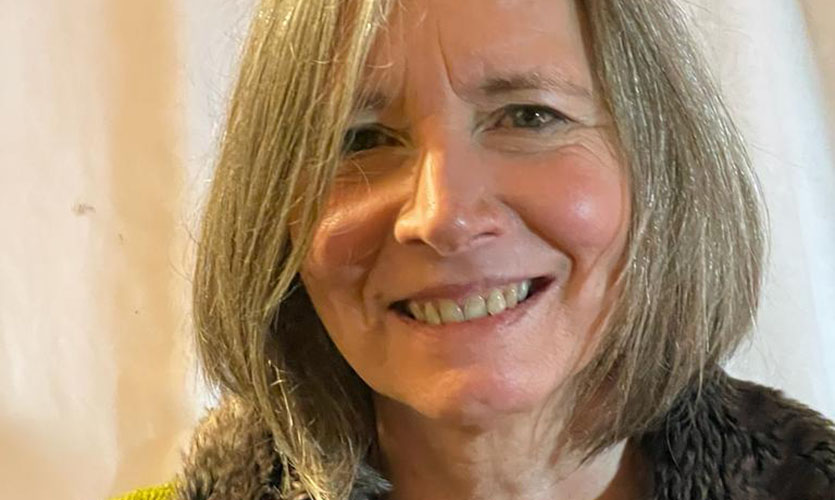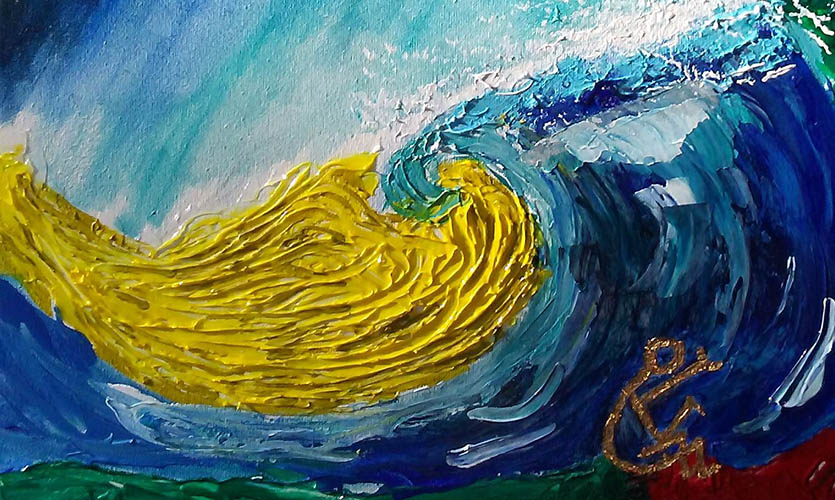Dr Kathleen Vandenberghe
Kathleen has been a lecturer at LJMU since 2018, using her expertise and knowledge from a career in counselling to teach students on our MA in Counselling and Psychotherapy Practice programme.
Katheen, who hails from Belgium, says that she decided to study counselling and psychology one sunny day in Flanders in 1980, the Dutch-speaking part of Belgium. Her family neither pushed nor discouraged her decision. “It was my choice, for which I am still grateful.”
At the time she had completed a science-oriented secondary education and was unaware that the decision to change into the direction of counselling would become a lifelong search into the understanding and support of human psychological and existential needs.
Upon completing her first degree in psychology, Kathleen took a brief detour into the world of HR before returning to university to undertake a master’s in counselling. From 1991, she started to practice within hospice care in Belgium.
In 1999, now in her mid-thirties, she decided to move to the UK, but to continue working as a counsellor in hospices, supporting both those with life limiting illnesses and their families. Although moving to a new country certainly took an adjustment period.
“Living in a language that was not my native tongue initially disrupted my sense of self.”
Kathleen took inspiration from the words of Marguerite Yourcenar, a French novelist, who once expressed that genuine connections stem from encounters: ‘when we meet people, there is always something – not necessarily the essence of a person – but something that is sufficient to create true connection, to be related to each other’.
As Kathleen began to settle into life in the UK, she built connections with neighbours and colleagues, and with those she came into contact with through her work with hospices. “The experience of truly understanding each other, despite meaningful differences, never fails to reveal our deep human connectiveness.”
That belief in the importance of connectiveness is something that not only influenced her role as a hospice counsellor but also as a supervisor, trainer, and manager. It guides her when helping individuals find their place without losing their unique selves.
In the latter part of her hospice career, Kathleen engaged in doctoral research on cancer survivors, looking at the concept of self in relation to their cancer. Although unintended, this study paved her way from practitioner to academic, landing her a role at LJMU in 2018 as a part-time lecturer in the School of Psychology.
“Seeing the students graduate is always a true joy and hearing about the ways they carve out their path as counsellors fuels my motivation to teach each new cohort and to further improve the programme we deliver as a team.”
– Dr Kathleen Vandenberghe

Her Professional Doctorate (DProf) in Health and Social Care at Bournemouth University was completed in 2020. In this study on cancer survivorship Kathleen used art (painting) as a means of expressing and taking forward the findings. ‘Art-iculation’ of her findings in this way helped to bridge the understanding of cancer survivorship between both the academic and non-academic world.
Kathleen welcomes LJMU’s drive to employ seasoned healthcare practitioners as teachers who can link practice knowledge with theoretical frameworks.
“For me, this means LJMU cares to prepare students to ease into workplaces that are ever more demanding and that expect people to hit the ground running.”
For Kathleen, transitioning from hospice practitioner to LJMU was a gift, allowing her to pass on professional insights to those who share her passion for psychological and existential wellbeing.
“Seeing the students graduate is always a true joy and hearing about the ways they carve out their path as counsellors fuels my motivation to teach each new cohort and to further improve the programme we deliver as a team.”
In 2023, Kathleen was recognised by her students as Outstanding Personal Tutor in the students’ union, JMSU, Student Experience Awards.
“This leaves a good feeling. Students have described me as strict and challenging but in an encouraging and kind way. I gladly accept that description.”
In her nomination, one of Kathleen’s students said: “Kathleen consistently kept in touch with me during the Covid-19 pandemic, adjusting to tutorials on crackly phone lines or through remote video links in unconventional locations. Her unfailing support was matched by the consistently high-quality feedback she provided on my work and skills. Completing my master’s wouldn't have been possible without her mentorship.”


